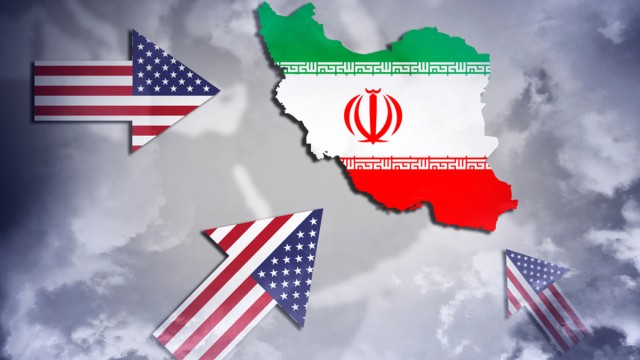Washington, June 20 (V7N) — As tensions escalate in the Iran-Israel conflict, debate is growing in Washington over whether President Donald Trump has the constitutional authority to launch a unilateral military strike on Iran.
According to the US Constitution, only Congress has the power to declare war, but historical precedent shows that several US presidents have bypassed Congress to initiate military actions. This has now sparked a fresh wave of concern among lawmakers and legal experts.
Many members of Congress are actively opposing any such unilateral action, arguing that this is not America’s war and that constitutional provisions must be respected.
US Senator Chris Van Hollen stated, “The United States should not engage in war against Iran at this time. And the President does not have the power to declare war — only Congress has that authority. President Trump himself said he came to stop wars, not start them.” The debate has also created visible divisions within Trump’s own Republican Party.
Meanwhile, Republican Congressman Thomas Massie and Democratic Congressman Ro Khanna have jointly introduced a resolution in the House of Representatives aimed at prohibiting any US military action against Iran without explicit congressional approval. The proposal is currently under review by the House Foreign Affairs Committee. If not acted upon within 15 days, it will proceed to the full House for a vote. If passed, this would legally block Trump from launching a major military attack on Iran without congressional consent.
Beyond constitutional challenges, geopolitical and economic pressures are also weighing heavily on the administration. Several of the US’s Middle Eastern allies and influential business leaders have privately urged restraint, warning that American involvement could have catastrophic consequences for the global economy.
Former US intelligence officer Philip Ingram warned, “If the United States launches an operation in Iran, Tehran could retaliate by closing the Strait of Hormuz — a key maritime chokepoint through which about 20 percent of the world’s oil and gas is transported. If that happens, the global economy could face a serious crisis.”
Historically, American presidents have initiated military conflicts — such as the Korean War and the Vietnam War — under executive authority. This fuels further speculation about whether the Trump administration will follow a similar path in the case of Iran.
For now, uncertainty continues both in Washington and globally, as all eyes remain on whether Trump will opt for diplomacy or risk igniting a new war in the Middle East.
END/MSS/AJ





























Comment: